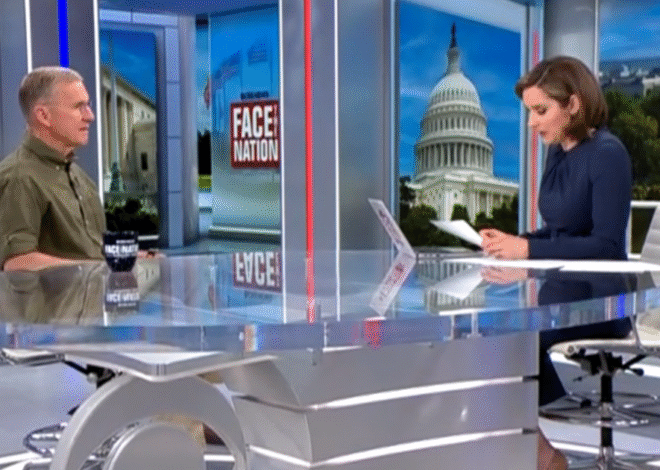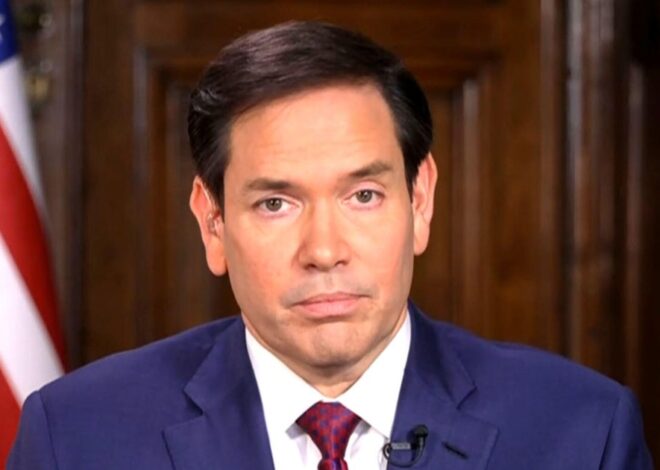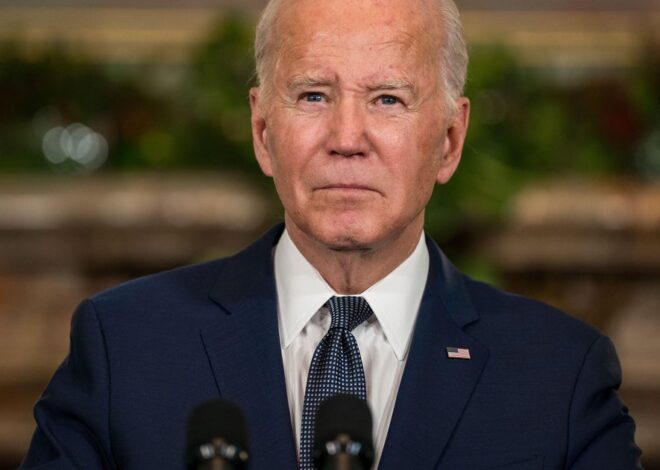
Hawaii Approves New Hotel and Cruise Tax to Fund Climate Change Response
Hawaii lawmakers have passed landmark legislation aimed at combating the effects of climate change by increasing taxes on lodging and cruise ship stays. The measure introduces a new 0.75% surcharge to the state’s existing accommodation taxes, and imposes an 11% levy on cruise lines based on their time spent at Hawaii ports.
Governor Josh Green has expressed his support and plans to sign the bill, which is expected to generate nearly $100 million annually. These funds will be directed toward environmental restoration, including reinforcing coastlines, replenishing eroding Waikiki beaches, enhancing roofing safety through hurricane clips, and removing invasive grasses that contributed to Lahaina’s devastating wildfire in 2023.
Both chambers of Hawaii’s Democratic-led legislature approved the proposal with wide support. According to climate experts, this is the first instance of a U.S. state creating a lodging tax specifically earmarked for environmental defense and resilience.
Currently, Hawaii applies a 10.25% tax on short-term rentals, which will rise to 11% in January. When combined with county and general excise taxes, total charges on visitors could reach an 18.712% checkout tax — among the highest in the country.
Governor Green believes most visitors won’t be deterred by the modest increase, noting that travelers often choose Hawaii because of its natural beauty and may support efforts to protect it. “The more we invest in protecting our environment, the more we attract long-term, loyal visitors,” he said.
Importantly, revenue from the new taxes — the 0.75% surcharge and cruise ship tax — will be exclusively allocated to climate change initiatives and natural resource preservation. Other lodging taxes will still support Hawaii’s general fund and large projects such as the Honolulu rail line.
However, not everyone is sold. Zane Edleman, a tourist from Chicago, said the increase could influence some travelers to consider other destinations like Florida. He emphasized that transparency about how the funds are spent will be key in earning public trust.
“If Hawaii proves the money is genuinely helping the environment, people might support the idea,” Edleman said.
The original proposal called for a larger tax hike, but lawmakers scaled it back after hearing concerns from the travel industry. “We had to strike a balance between supporting sustainability and keeping tourism viable,” explained Rep. Linda Ichiyama, House vice speaker.
John Pele, director of the Maui Hotel and Lodging Association, acknowledged that the funds are for a good cause, but also warned: “We may risk pricing Hawaii out of the market.”



